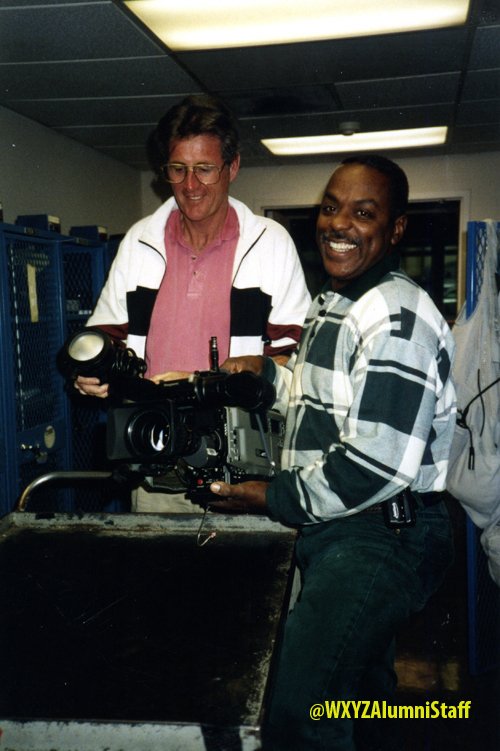WXYZ: General Sales Manager.
WXYZ: ‘Milestone in D Minor‘ (September 9, 1968) is a half-hour documentary, in color, about James Frazier, the first Negro to conduct an entire concert with the Detroit Symphony Orchestra. Throughout the program, Frazier, in his own words, traces the disappointments and achievements of his musical career.”–1968 Peabody Digest. Includes footage of Frazier at the University of Michigan; at the Interlochen Arts Academy, where Eugene Ormandy saw him conduct; playing the piano; and conducting the Detroit Symphony Orchestra in rehearsal and performance. Includes interviews with Doris Lenz, his high school music teacher; and Mischa Mischakoff, concert master of the Detroit Symphony Orchestra. On camera and in voiceover, Frazier discusses his academic career, the meaning of ‘soul,’ and his reasons for wanting to conduct Beethoven’s 9th symphony. Also includes footage of Eugene Ormandy, who encouraged Frazier to pursue a career in conducting, with the Detroit Symphony Orchestra.
Credits: Film editor, Dean Erskine; cameramen, Michael Kalush, Ron Little, John Fuller; technical director, Don Farmer; sound, Tom O’Toole, Earl Wilson, Jerry Cell; lighting director, Jim O’Dea; art director, Jack Flechsig; Executive Producer, Arno Marcaccio; In charge of production, Lawrence Einhorn; written by Dave Diles
Reference:
